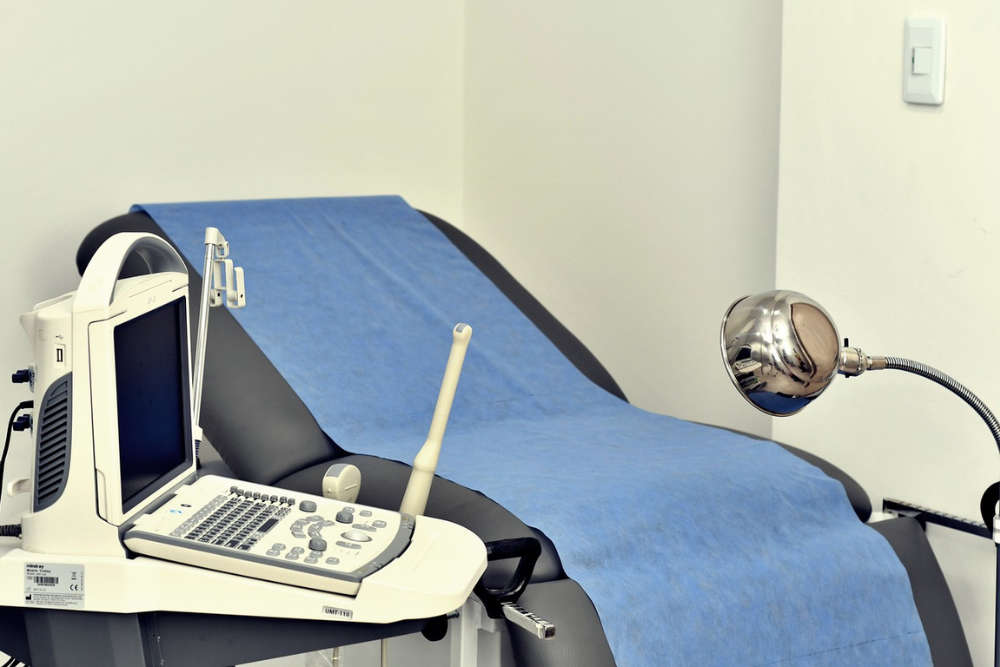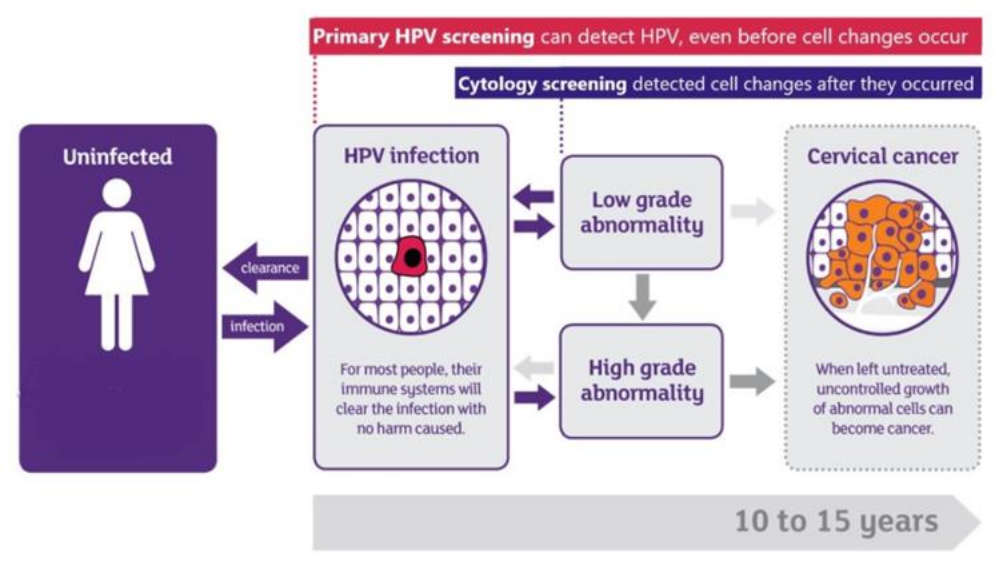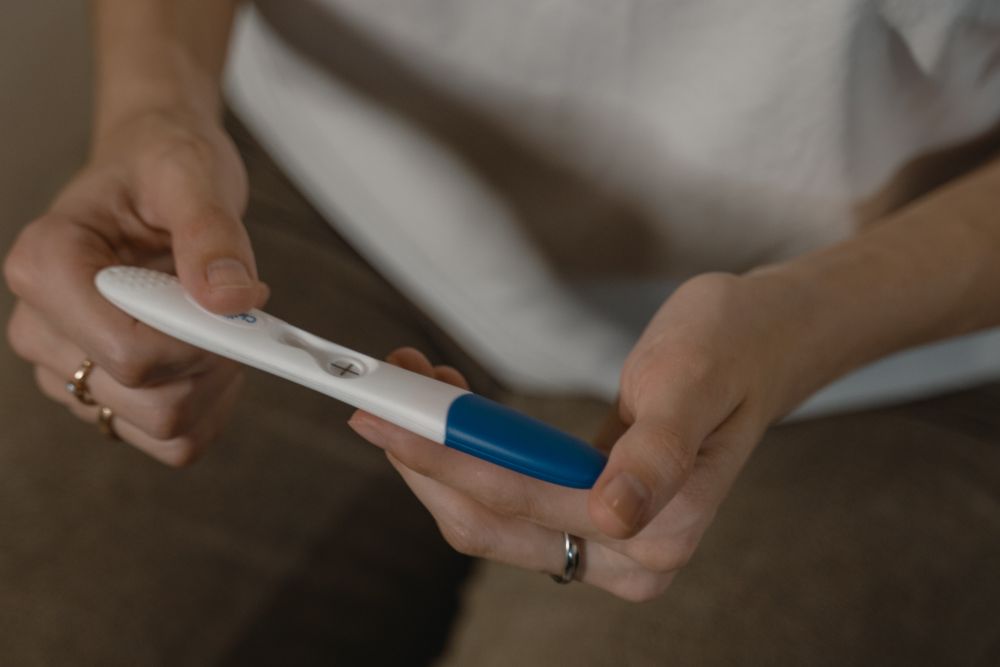
Islanders are going to start being told to come back every five years for a cervical cancer screening, rather than three, due to an advancement in tests.
Jersey and Guernsey's Public Health departments are issuing new guidance for women and people with a cervix to wait longer between appointments from July.
It follows the introduction of more advanced tests, used by NHS England.
The screenings call women aged between 25 and 49 to detect Human Papillomavirus (HPV), which is the main cause of cervical cancer.
Those with no history of HPV who test negative and are very low risk will be asked to return in five years.
Guernsey's Strategic Screening Lead, Di Mathews, explains that the reason behind this is that it takes 10 to 15 years for HPV to turn into cancer.
"The reason we have decided to follow England, Wales, Scotland and Ireland with this change is because the new test used in cervical screening picks up problems earlier than the older screening test that was previously used by the programme.
"The HPV test is an objective test, which means the sample is not dependent on a person looking at cells and making a judgment, and this means there are fewer missed cases."

People whose sample detects HPV or have a history of the virus will be asked to attend more frequent screenings to check if the virus has cleared or if any cells have changed or developed.
The body usually clears the infection within 36 months.
By testing those who are positive for HPV annually, cell changes can be picked up.
If abnormalities are discovered, patients will be referred for a colposcopy, which takes a closer look at the cervix.
Di Mathews continues to say cervical cancer is preventable and curable, and we now have the tools to make the disease a thing of the past.
"The cervical screening programme, together with our two HPV vaccination programme and treatment, helps us move towards our goal of eliminating cervical cancer in the Bailiwick.
"But, if you are concerned, you do have symptoms or bleeding in between periods or anything like that, then you should see your doctor straight away because screenings are for a healthy population, not people with symptoms."
She also encourages people to take up the HPV vaccine to prevent the spread of the illness.


 Draft law scraps time limits on abortions in Jersey
Draft law scraps time limits on abortions in Jersey
 Divide over approach to gender guidance in schools
Divide over approach to gender guidance in schools
 Three charities awarded £500 grants in community campaign
Three charities awarded £500 grants in community campaign
 Ministers back principle of social media 'restrictions' for under 16s
Ministers back principle of social media 'restrictions' for under 16s
 Passengers rerouted through Jersey Airport departures
Passengers rerouted through Jersey Airport departures
 A total ban on disposable vapes in Guernsey and Jersey is poised to take full effect
A total ban on disposable vapes in Guernsey and Jersey is poised to take full effect
 Islanders with COVID-19 symptoms reminded to avoid the hospital
Islanders with COVID-19 symptoms reminded to avoid the hospital
 2025 was the fourth warmest year on record
2025 was the fourth warmest year on record

